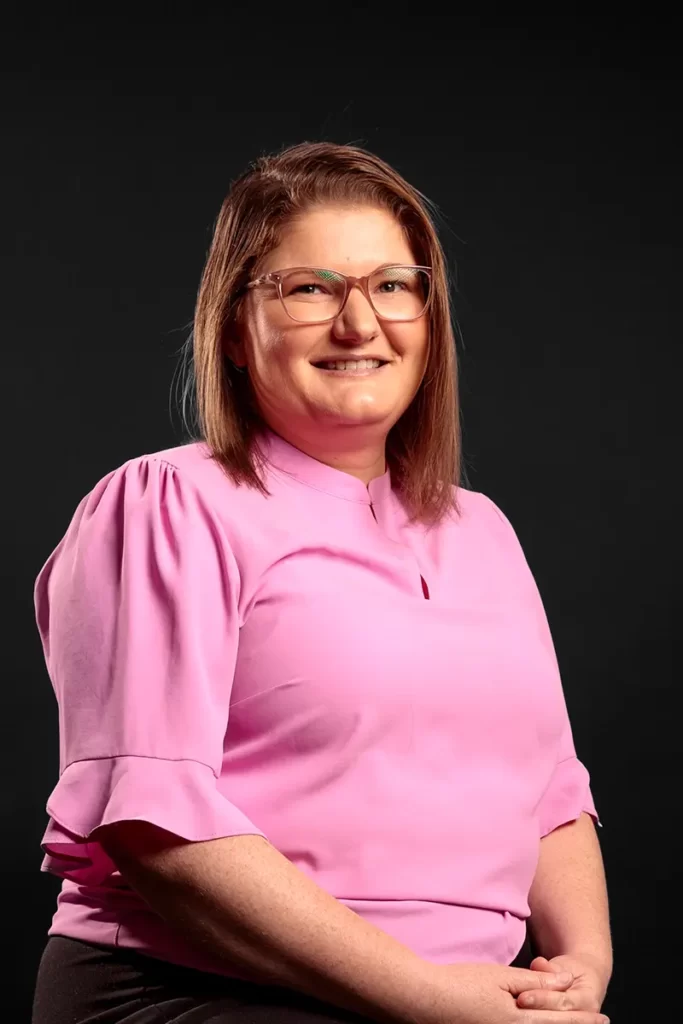We usually avoid discussing worst case scenarios or “what ifs”, but when it comes to ensuring your family’s financial security, life insurance is extremely important, writes Total and Permanent Disablement (TPD) Cover expert, Amy Lewis.
Types of Life Insurance
There are various types of life insurance which fall under the life insurance branch. It is generally broken down into the following:
- Death Insurance
Death insurance pays out your insured amount when you pass away. The money will go to your beneficiaries or your Estate depending on how you have set the insurance up. Most superannuation funds now include default death cover. You may also obtain death insurance directly with an insurance company.
- Total and Permanent Disablement (TPD) Cover
If you are injured or suffering an illness that results in you being unable to return to work, TPD insurance can help cover your ongoing costs.
TPD claims are usually paid in a once-off lump sum. Some new policies pay annual instalments provided that you continue to be disabled. When taking out a TPD policy, it is a good idea to carefully scrutinise the definition to determine whether it is an “any” or “own” occupation policy.
It is important to understand what type of policy you have to ensure that it meets your personal needs and that there are no surprises come claim time.
Like death cover, TPD insurance comes as a default with many superannuation accounts these days. You may also obtain TPD insurance directly through an insurance company.
- Income Protection
If you are unable to work due to injury or illness, income protection can replace your income up to 75% of your usual salary once you have served your waiting period. Waiting periods can vary from 14 days right up to several months so it is important you select a waiting period which suits your budget requirements.
In addition to selecting your waiting period, you can also choose your benefit period. The benefit period is simply how long you receive payments for (providing you continue to be unable to work). Benefit periods can range from months to years and even up to specific ages such as 65.
- Trauma Cover
Trauma cover or ‘critical illness cover’ isn’t particularly common just yet. This type of cover pays out in the event you suffer a certain illness (eg. stroke, heart attack or cancer). These funds may assist with treatment costs and ongoing expenses. At this stage, trauma cover is not available through your super fund and is purchased directly through insurers.
You may occasionally come across ‘accidental death or injury’ policies. These policies pay a set benefit if you are seriously injured or pass away as a result of an injury. Unfortunately, these accidental policies can include a long list of exclusions and prove to be difficult to claim against. It is worth being aware of what you are covered for before purchasing this type of policy.
How to purchase life insurance?
Insurance can be available through your superannuation fund and/or held directly with insurance companies depending on the type of insurance. Both options have benefits depending upon your financial situation.
For example, holding income protection through your super (where your superannuation account covers the cost), can be a good option if you are on a low budget. However, income protection premiums paid by superannuation accounts are not usually tax-deductible. Whereas, if you pay income protection premiums from your own funds, you can include these premiums as a tax deduction on your tax return.
As life insurance depends on your personal circumstances, it is extremely important you discuss your needs with an experienced financial planner to ensure you have the right coverage to meet your needs.
Making a Claim for Life Insurance
We have many clients who contact our firm only after their claim has been declined. To ensure your claim has the best opportunity to be accepted, we strongly recommend that you seek legal assistance from the beginning – the earlier, the better.
We see many clients who only seek legal assistance once their claims have already been rejected due to missing documents or important information which then makes it harder to obtain a successful outcome. By seeking professional assistance, we ensure your claim is lodged with all the appropriate documentation and submissions from the start to ensure the best chances of success.

